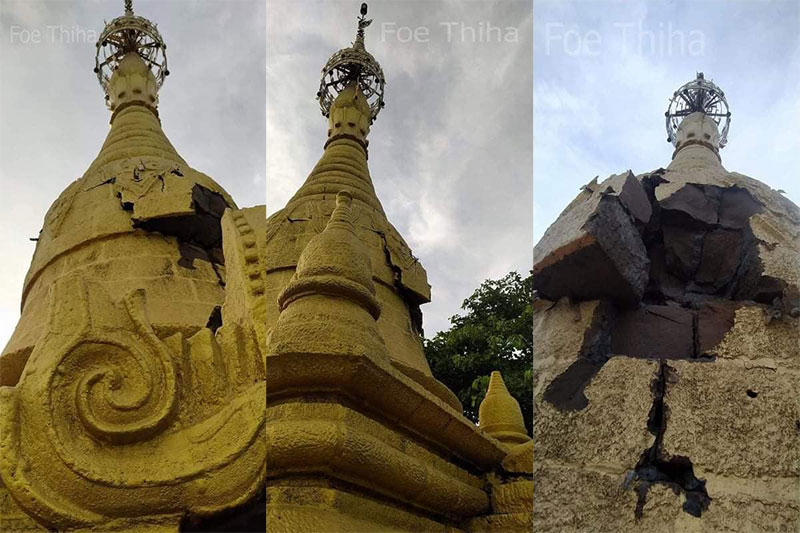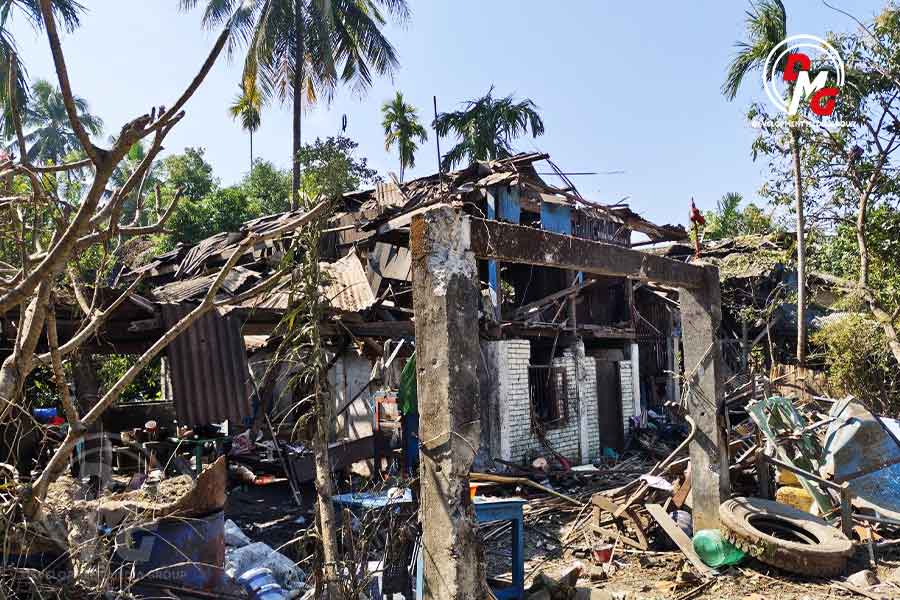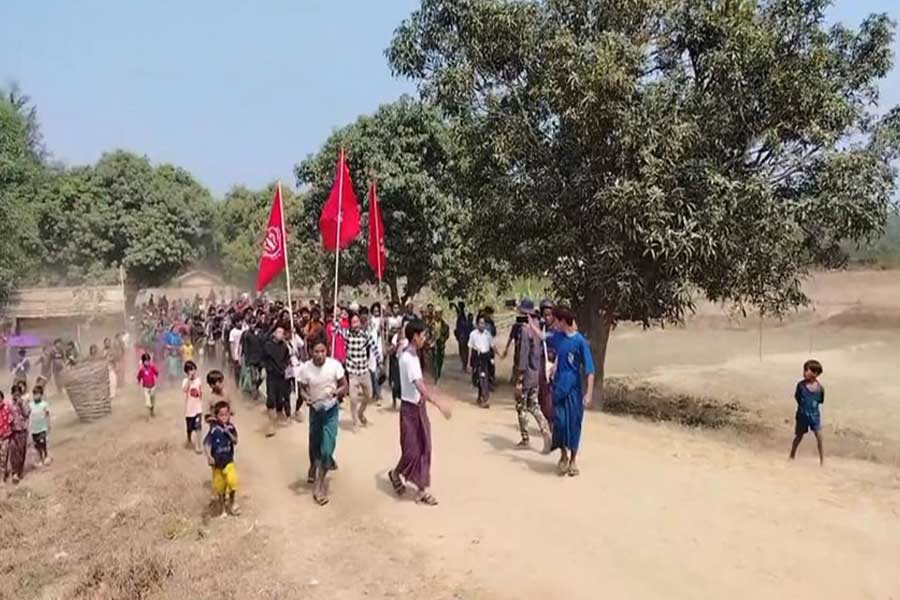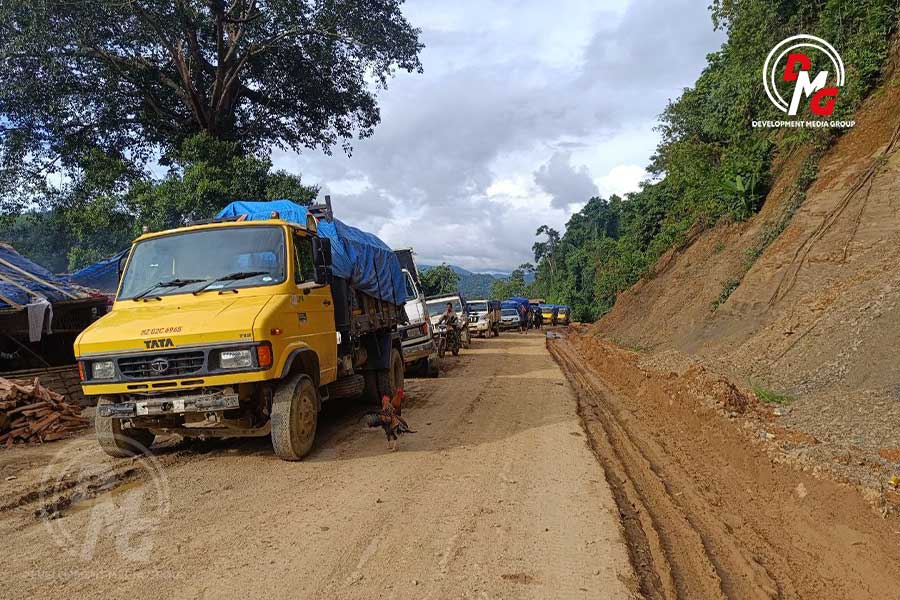- Two civilians killed, two injured in junta airstrike on Ramree village
- Bo Nagar’s defection raises security fears for resistance forces in Myanmar’s heartland
- Weekly Highlights from Arakan State (Feb 2 to 8, 2026)
- Freedom of expression curtailed in resistance-controlled areas, report finds
- Conflict leaves Arakan’s historic pagodas in ruins as restoration stalls
As monsoon rains recede, meteorology body warns of persistent threat from above
With the waning of the monsoon season in Myanmar, the country needs to pay special attention to the risk of the development of thunderclouds, U Hla Tun, deputy director of the Department of Meteorology and Hydrology, told DMG.
04 Oct 2021

DMG Newsroom
4 October 2021, Sittwe
With the waning of the monsoon season in Myanmar, the country needs to pay special attention to the risk of the development of thunderclouds, U Hla Tun, deputy director of the Department of Meteorology and Hydrology, told DMG.
The southwest monsoon winds are likely to withdraw from Arakan State in the first week of October and the people need to be careful of the risk of the development of thunderclouds, U Hla Tun said.
“The northeast trade wind will enter when the southwest monsoon wind withdraws. During that time, the weather is sunny and rainy alternately, and that would develop thunderclouds,” he said.
The development of thunderclouds could produce strong winds, hail, thunderstorms, isolated rain and lightning strikes, he said.
“There are many lightning strikes at advancement and withdrawal of monsoon because of the thunder clouds,” he added.
There was heavy rainfall, lightning and thunder recently in some Arakan State townships, damaging religious buildings, houses and animals, residents said.
Ko Khaing Min Shin, a resident of Mrauk-U town, said about two feet of Hari Taung Pagoda, an ancient pagoda in the town, collapsed because of a lightning strike on October 2.
“There have been lightning strikes since early morning and it went on for about 30 minutes,” he said.
About 10% of people who were struck by lightning have died, while the remaining 90% often sustained severe injuries including deafness, loss of eyesight and destroyed nerves, doctors have said.
















.jpg)
